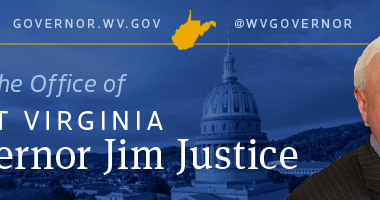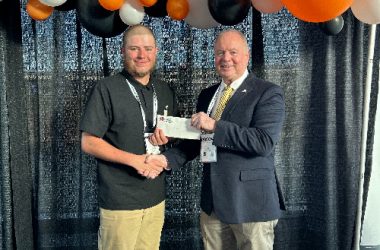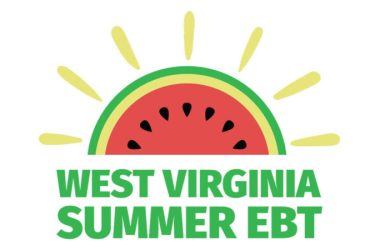Gambling landscape in West Virginia has changed dramatically in last two decades
Release from Problem Gamblers Help Network of West Virginia:
CHARLESTON, W.Va. — This month, the Problem Gamblers Help Network of West Virginia, which operates the 1-800-GAMBLER helpline, is marking 20 years of service.
Twenty years ago, before legalizing video lottery machines in restaurants and bars statewide, the legislature enacted the Compulsive Gamblers Treatment Fund, which created the 1-800-GAMBLER program.
According to Director of Gambling Addiction Services, Jennifer Davis-Walton, a lot has changed in the gambling landscape over the last two decades.
“Twenty years ago, gambling options here were limited. Lottery tickets were available, and you could drive to one of the four casinos to watch horse and dog racing, or play the slots. No one even knew about fantasy sports.” Now, most people have video poker available in their neighborhood, or they can bet on sports on their phone without leaving home,” said Davis-Walton.
She added that attitudes towards gambling addiction and the availability of treatment have changed as well. “We are out in the community a lot talking to people about problem gambling. People used to just laugh, and ask if it was a real disorder or make a joke. Now, many share a story about someone they know who lost everything to gambling addiction.” In 2013, the Diagnostic and Statistical Manual changed the name of the diagnosis from “Pathological Gambling” to the less intimidating “Gambling Disorder” leading to increased acknowledgement of the seriousness of the disorder. The diagnosis was also moved alongside substance use disorders and addictions from its previous classification in the Impulse Control Disorder section. According to the National Council on Problem Gambling, about one in fifty West Virginians may have a gambling problem.
Over the years, some trends have become evident. Although calls for help have come from all counties, those with the highest number of calls have remained stable: Kanawha, Wood, Berkeley, Cabell, and Ohio.
The most common type of gambling cited among callers has remained video poker and slot machines, though online gambling and table games, something not mentioned at all in the first few years, are now creeping up. Although most states report that the majority of callers are men, women have always represented half of all WV callers. The financial problems most frequently reported are having no savings, writing bad checks, spending money intended for bills, borrowing from friends and family, selling property, accumulating credit card debt, and stealing money. The program has typically arranged treatment for between 500-1200 persons per year.
Now, there is also a strong focus on education and prevention. As online gambling and gaming has gained popularity, more outreach and awareness has been important. The program has been partnering with youth organizations to teach youth about the risk factors of gambling and gaming. Davis-Walton said, “Our callers often tell us they started gambling very young. Teens see wealthy poker stars on TV, advertising telling them this is an easy way to get rich, or a gamer winning millions. Many people are naïve about the odds. It doesn’t end that way for most people.”
Callers to the 1-800-GAMBLER program are immediately linked with a helpline agent who specializes in gambling addiction. Callers are offered appointments with professional therapists, information on support groups and many other resources. There are options for services in-person and online. The initial call is free and treatment funding is available. Online chat is also available and can be accessed at 1800GAMBLER.net.





